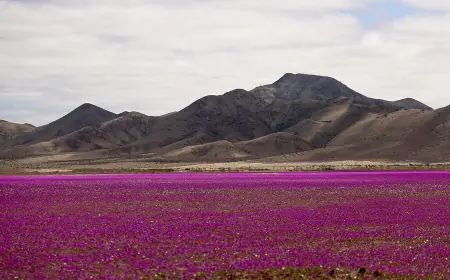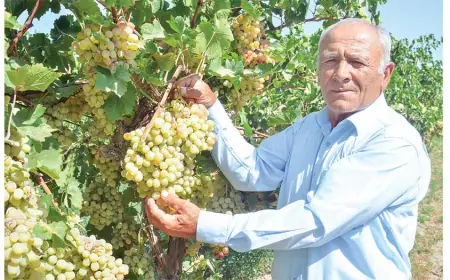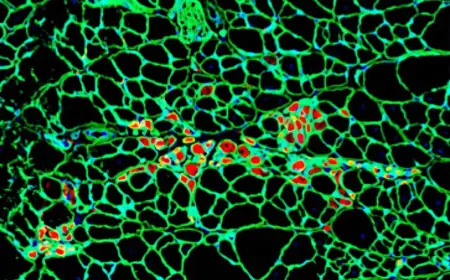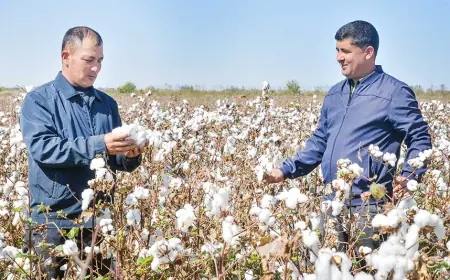Wealth and Well-being Are Rooted in Nature
This year marks the 30th anniversary of the establishment of the International Day for Biological Diversity — a globally significant ecological date proclaimed by the UN General Assembly in 1995 following the Conference of the Parties to the Convention on Biological Diversity. In his traditional annual message, UN Secretary-General António Guterres announced the 2025 theme: “Be part of the Plan: Harmony with Nature and Sustainable Development as the Path to a Better Future for All.”
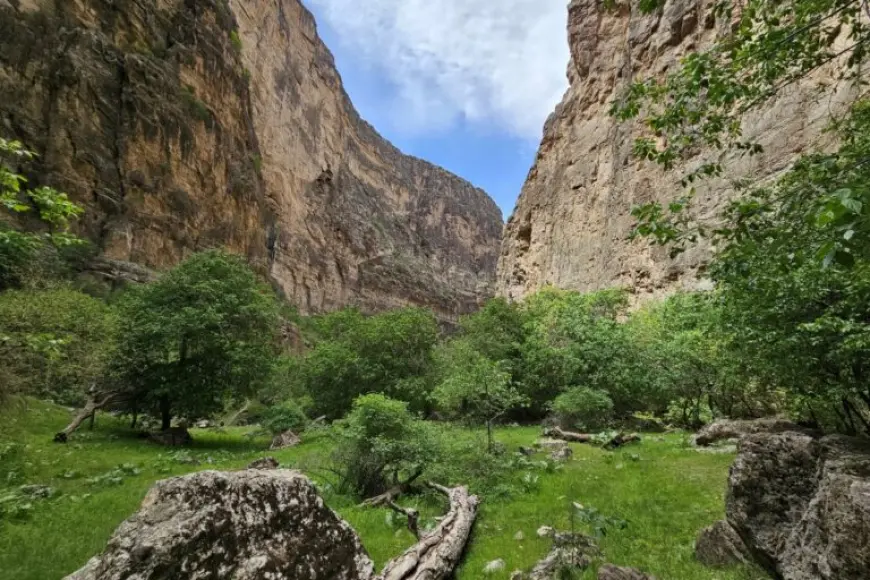
On this day, countries around the world host thematic events — educational seminars, lectures for youth, scientific conferences and hearings, as well as demonstrations by environmental organizations. Turkmenistan, which joined the Convention in 1996, actively promotes its goals: conserving ecosystems on a global scale, ensuring the rational use of biological resources without harming populations of flora and fauna, and raising public awareness of environmental issues.
The term "biological diversity" refers to life in all its forms — terrestrial, marine, and freshwater ecosystems, their interconnectedness, and mutual influence. The viability and sustainability of these systems, and their ability to maintain and replenish populations, are shaped by both natural and human-induced processes. The preservation of biodiversity is essential for the existence of agricultural systems, the success of all human activities, and life itself.
The various components of the natural world — wild, domesticated, and cultivated species — are vital sources of food, medicine, raw materials for industry, and textiles. Nature holds the original gene pool that has supported traditional and scientific selection of agricultural plants and animals over thousands of years, enabling humanity to survive and progress. Preserving genetic resources from the wild remains a crucial investment in the future of agriculture, public health, and overall human well-being.
Turkmenistan’s rich biodiversity is a vital resource for the country’s economic and social development. The loss of even small parts of it may disrupt the cycle of agro-biodiversity renewal, threaten livelihoods, and reduce the adaptability of the agricultural sector to climate change.
Safeguarding this natural wealth — inherited from our ancestors and meant to be passed to future generations — requires scientifically informed protection. This includes preserving natural landscapes within state nature reserves, large-scale afforestation, mitigation efforts, ecological rehabilitation and reclamation of degraded lands, and strict enforcement of environmental legislation.



